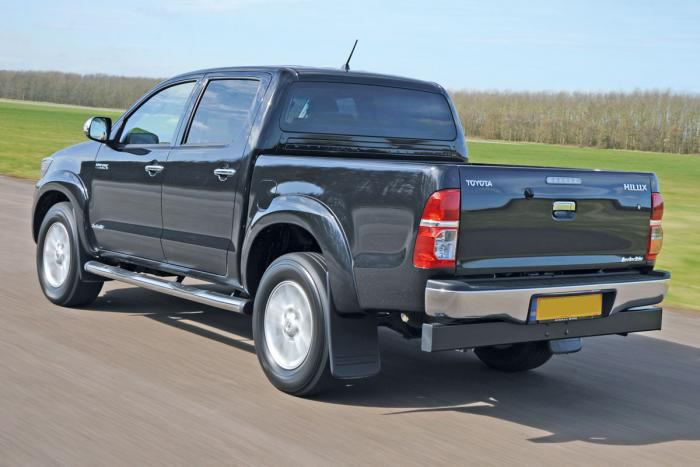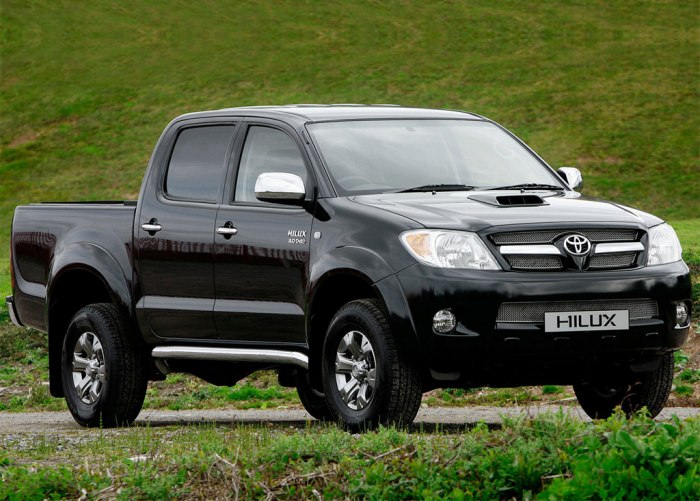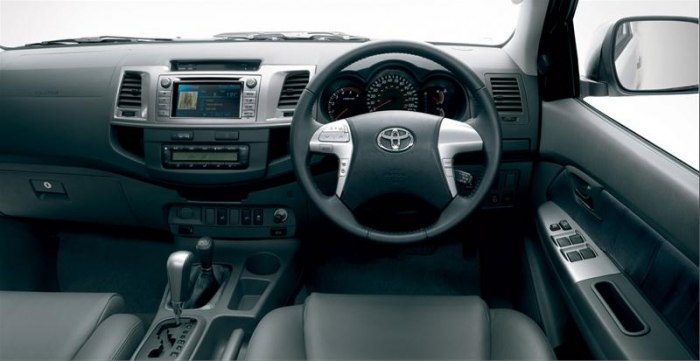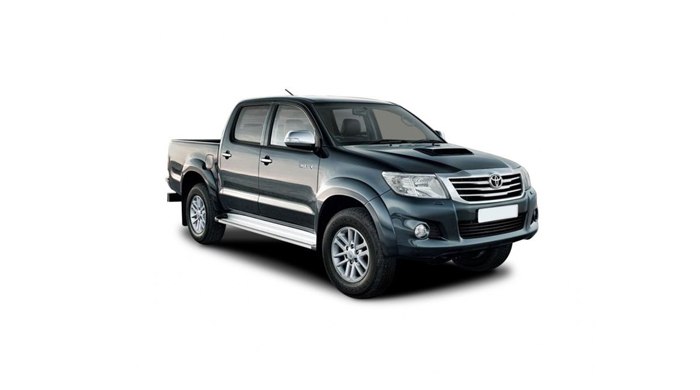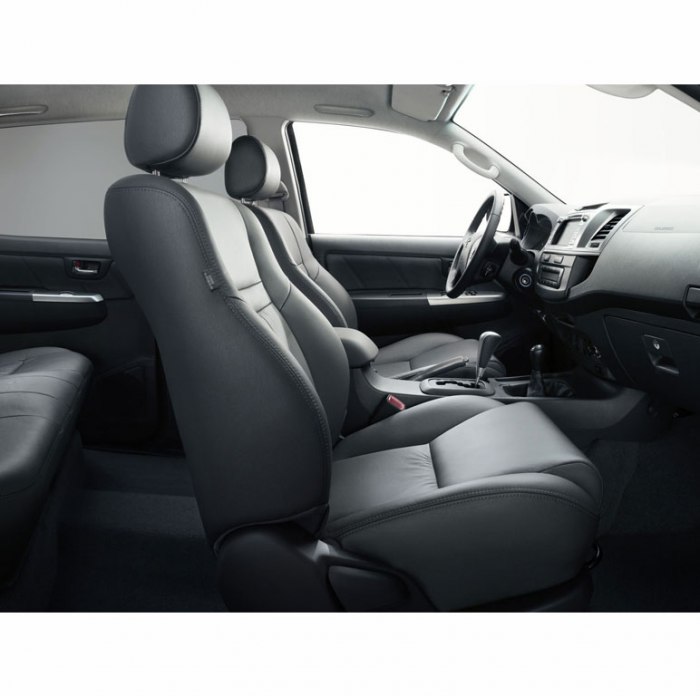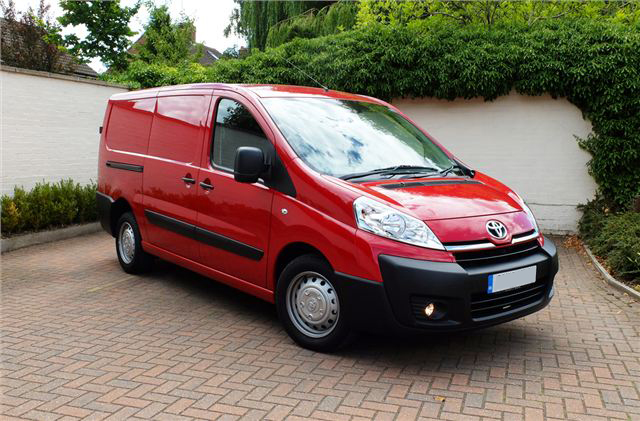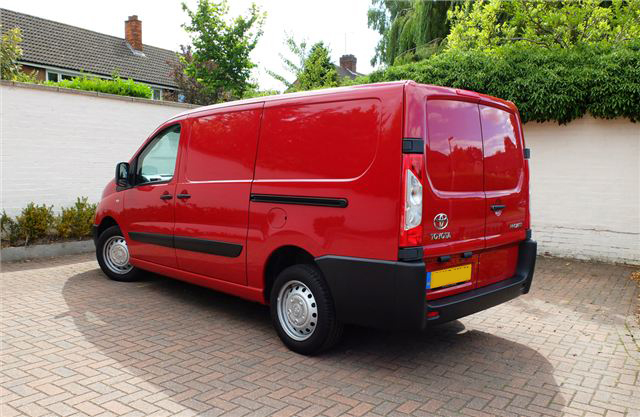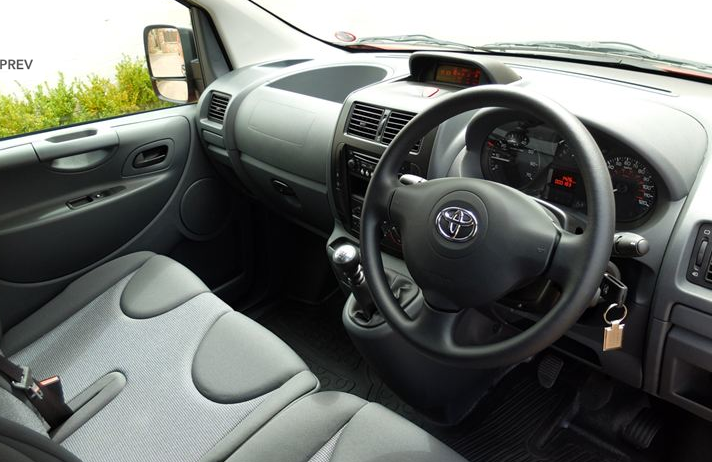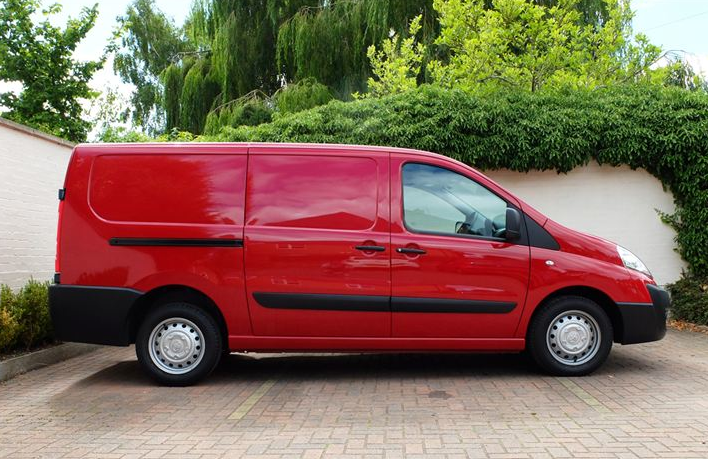The UK’s new light commercial vehicle (LCV) market grew by more than a fifth (21.4%) in 2021, according to new figures published by the Society of Motor Manufacturers and Traders (SMMT).
There were 355,380 vans registered in the year, ending with the best December for the sector since 2015 with a 7.8% increase.
The robustness of the LCV market was due, in part, to strong underlying demand from key sectors – notably construction and home delivery fleets – with significant fleet investments resulting in 62,723 more units being registered in the last year than in 2020.
This performance is only marginally weaker than the strong 2019 market (-2.8%) and the five-year pre-Covid average (-3%).
Mike Hawes, SMMT chief executive, said: “After a difficult 2020, the commercial vehicle sector has bounced back, with registrations recovering to just shy of pre-Covid levels.
“While demand has remained robust, there is still the potential for market volatility with the Omicron variant and component shortages threatening supply chains.”
BEV uptake soared by 142.3%, although this equates to a relatively modest 12,759 zero emission vans and a total market share of 3.6%.
With petrol and diesel vans facing the same end of sale date as passenger cars, this shows just how far the LCV BEV market needs to grow even to replicate the shift taking place in the passenger car market, where BEVs account for one in nine registrations as opposed to one in 28 in the van market.

Vauxhall was the UK’s best-selling electric Light Commercial Vehicle (e-LCV) manufacturer in 2021. Vauxhall sold 2,916 e-LCVs in 2021, up a massive 984% on last year, outperforming the market that was up by 136%.
Sales success last year was underpinned by the all-electric Vivaro-e, the best-selling model in the e-LCV sector in 2021.
Paul Willcox, managing director of Vauxhall Crew Vans , said: “As a British brand, I’m proud to see Vauxhall is leading the electrification of the UK van market with our multiple award-winning Vivaro-e.”
Hawes says that manufacturers are working hard to ensure deliveries. “With a record number of battery electric vans registered this past year, customers can be assured that more of these new technology vehicles will be available to keep society and businesses moving in an increasingly zero-emission manner,” he said.
In terms of market segmentation, there were significant increases for both 4x4s and the heaviest vans weighing greater than 2.5-3.5 tonnes of 183.0% and 27.8% respectively, while vans weighing greater than 2.0-2.5 tonnes were the only segment to decrease, albeit by a marginal 0.8%.
The Ford Transit Custom range was the UK’s top-selling vehicle among both passenger and commercial vehicles last year. More than 53,000 buyers chose new Ford Transit Customs, while a further 3,750 customers bought Ford Tourneo Custom people carrier.
In addition to delivering 10% more one-tonne Transit Custom Lease than in 2020, Ford also last year supplied more than 34,000 of the larger two-tonne Transit, making it the UK’s third best-selling vehicle in the year.
Ford’s total commercial vehicle range accounted for one in every three vans bought in 2021.
Lisa Brankin, Ford of Britain and Ireland managing director, said: “Ford prioritised vehicle supply in a difficult year, with the pandemic ongoing and semiconductor shortages affecting the entire automotive industry, to grow commercial vehicle sales and meet the demand and loyalty to the Transit Custom brand.”
Looking forward to 2022, the LCV van lease market is predicted to grow further to 363,700 units, bringing registrations in line with 2019’s 365,778 units.

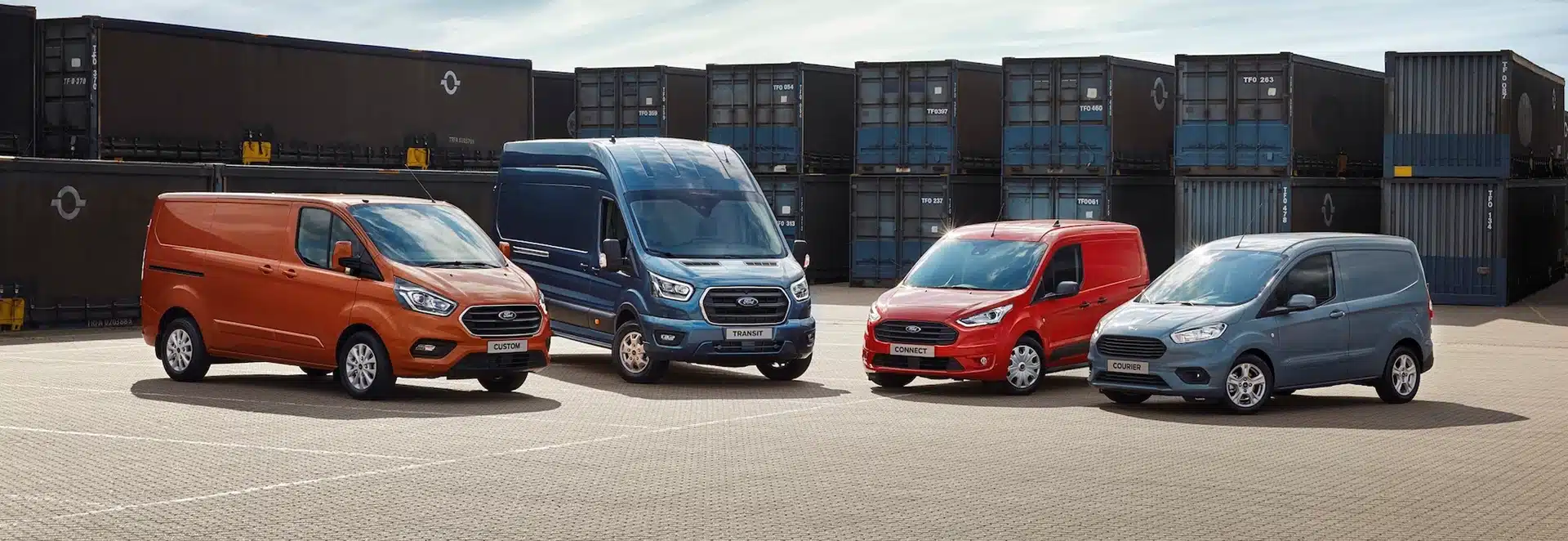
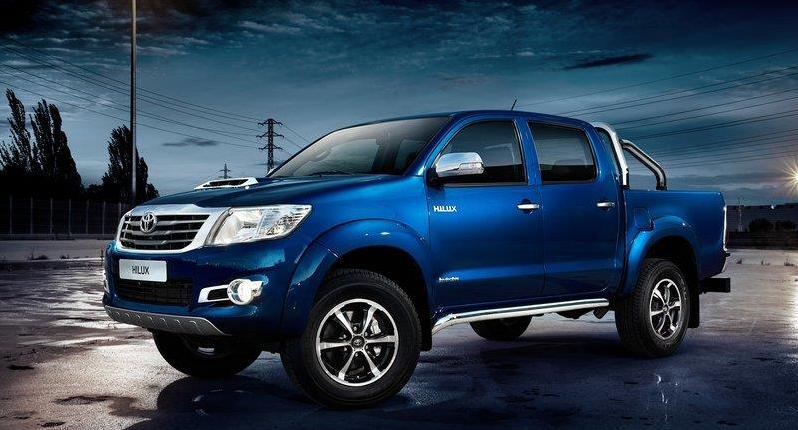

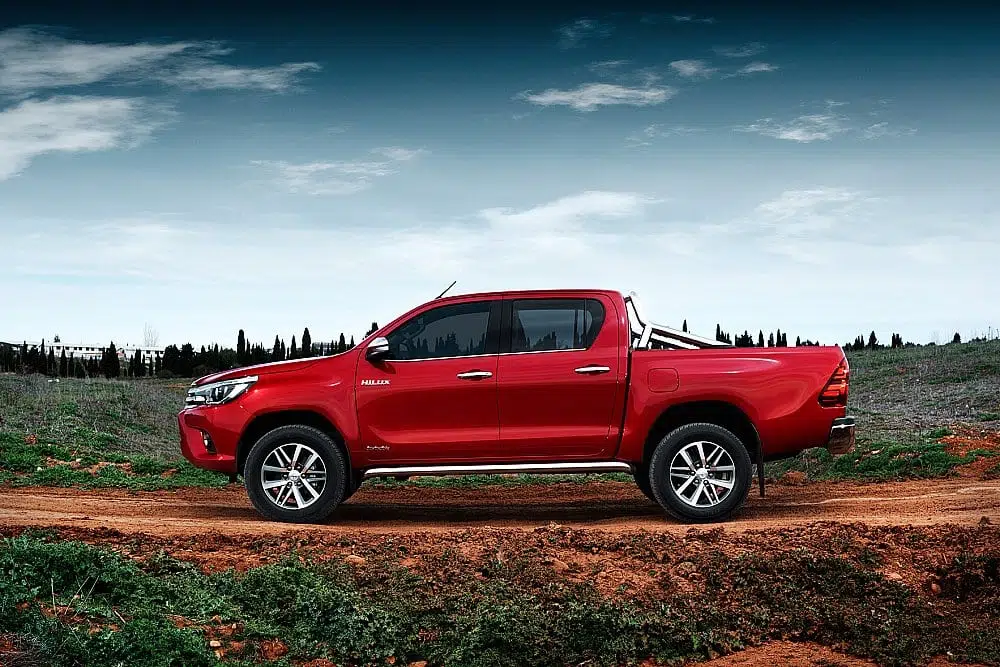
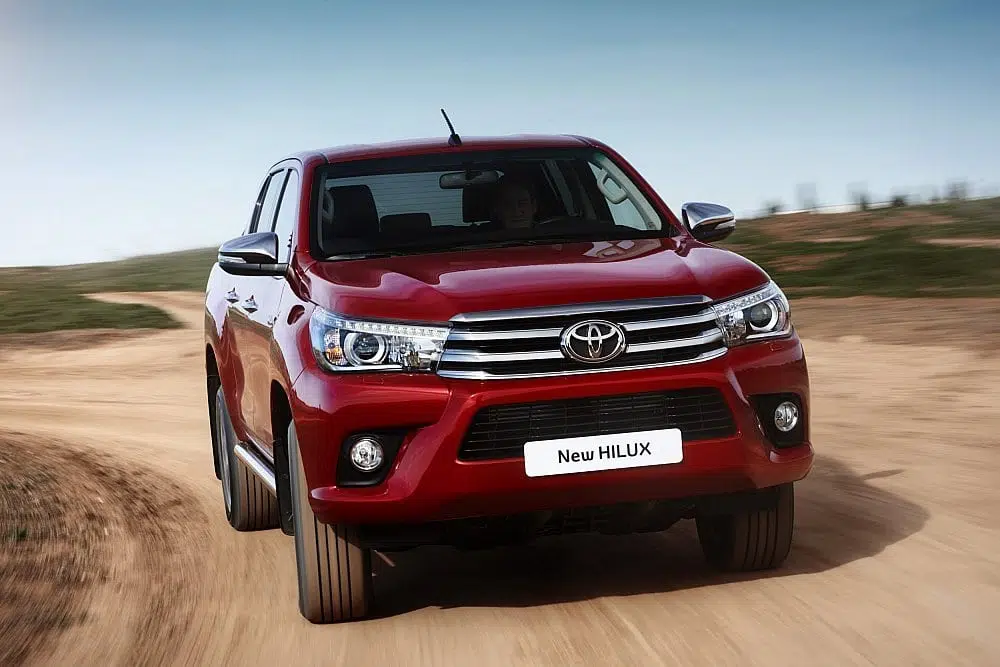
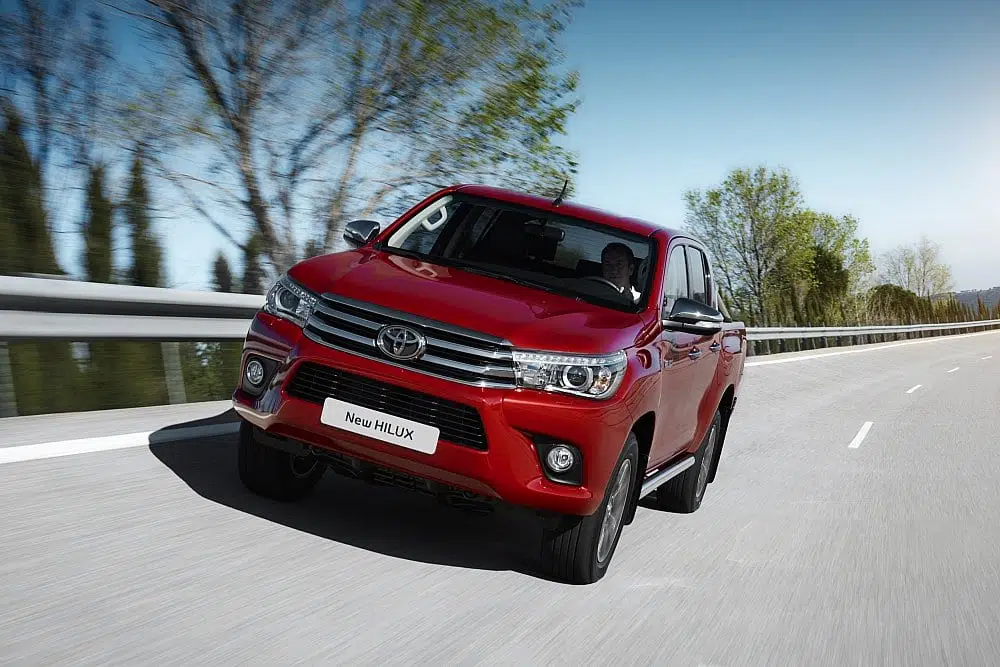
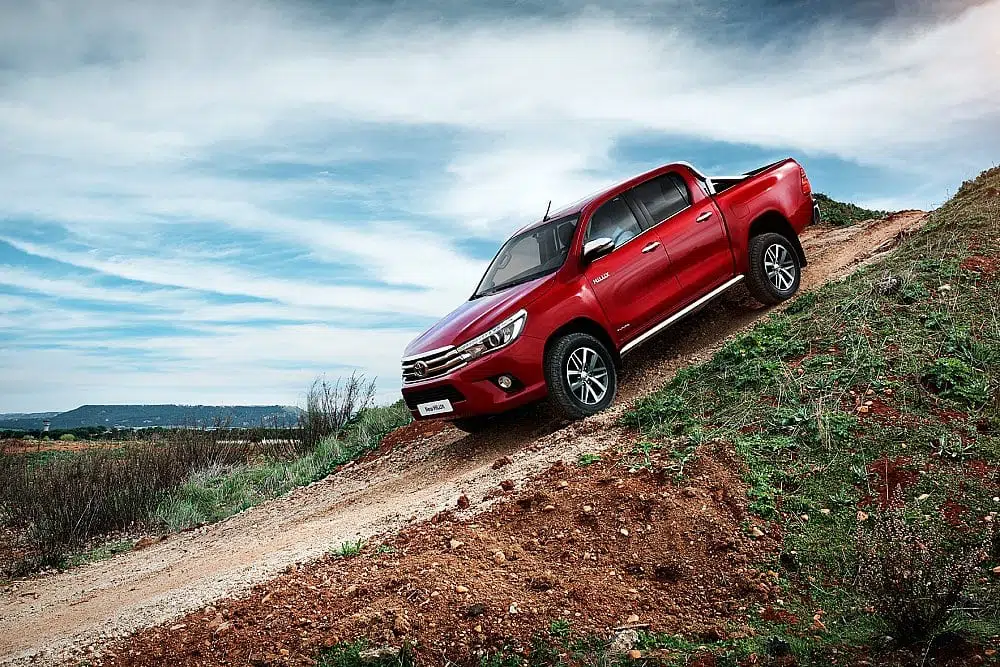
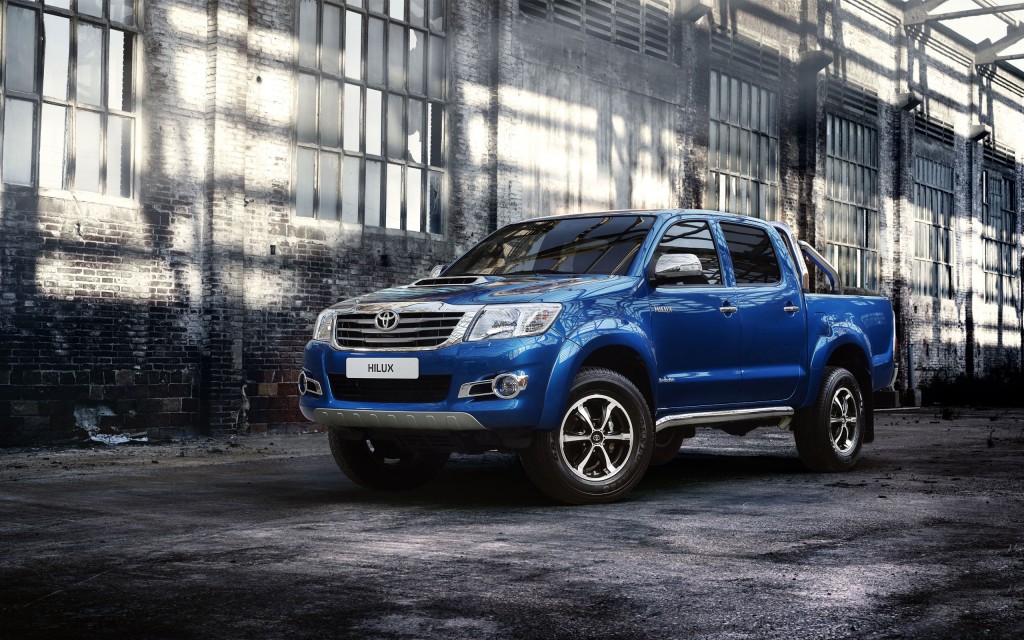
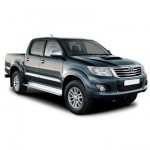
 Likely because of their excellent build quality, adaptability, mobility and damn-right toughness, the Toyota pickup has proved popular with rebel groups (and those countering the rebels) in war-torn countries since the 60’s. Not too mention the availability and cost effectiveness versus purpose built military or heavy armoured vehicles.
Likely because of their excellent build quality, adaptability, mobility and damn-right toughness, the Toyota pickup has proved popular with rebel groups (and those countering the rebels) in war-torn countries since the 60’s. Not too mention the availability and cost effectiveness versus purpose built military or heavy armoured vehicles. The Toyota pickup is one of the most popular vehicles in Thailand due to their low cost and longevity. They seem to prefer to overload pickup trucks or retrofit them like
The Toyota pickup is one of the most popular vehicles in Thailand due to their low cost and longevity. They seem to prefer to overload pickup trucks or retrofit them like 
 Please note our prices change regularly, please call for latest pricing as the above deal may be out of date.
Please note our prices change regularly, please call for latest pricing as the above deal may be out of date.